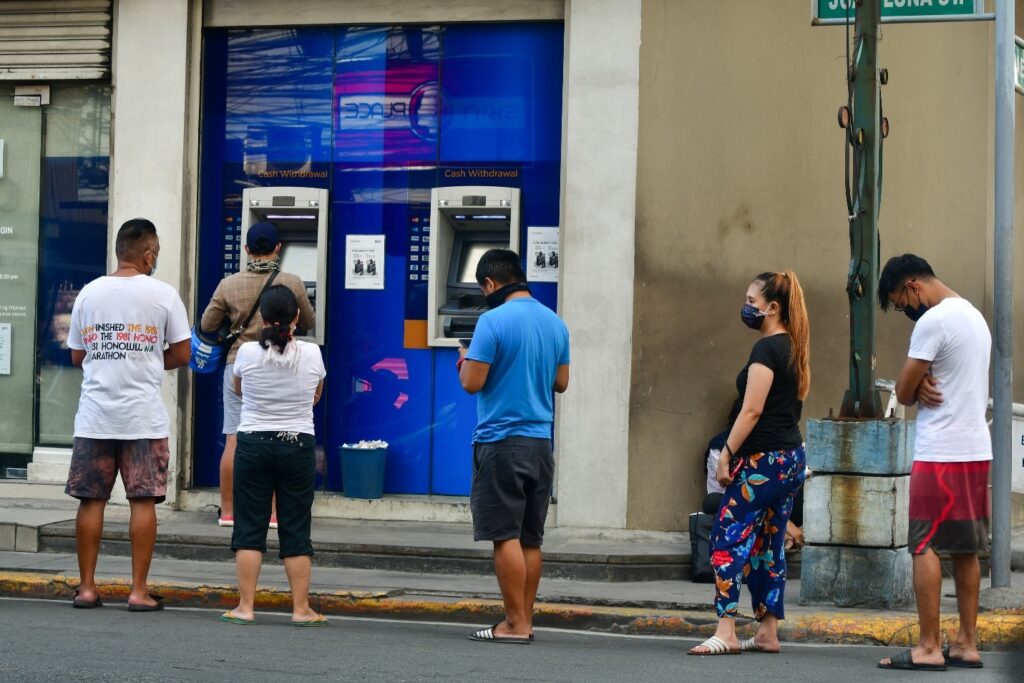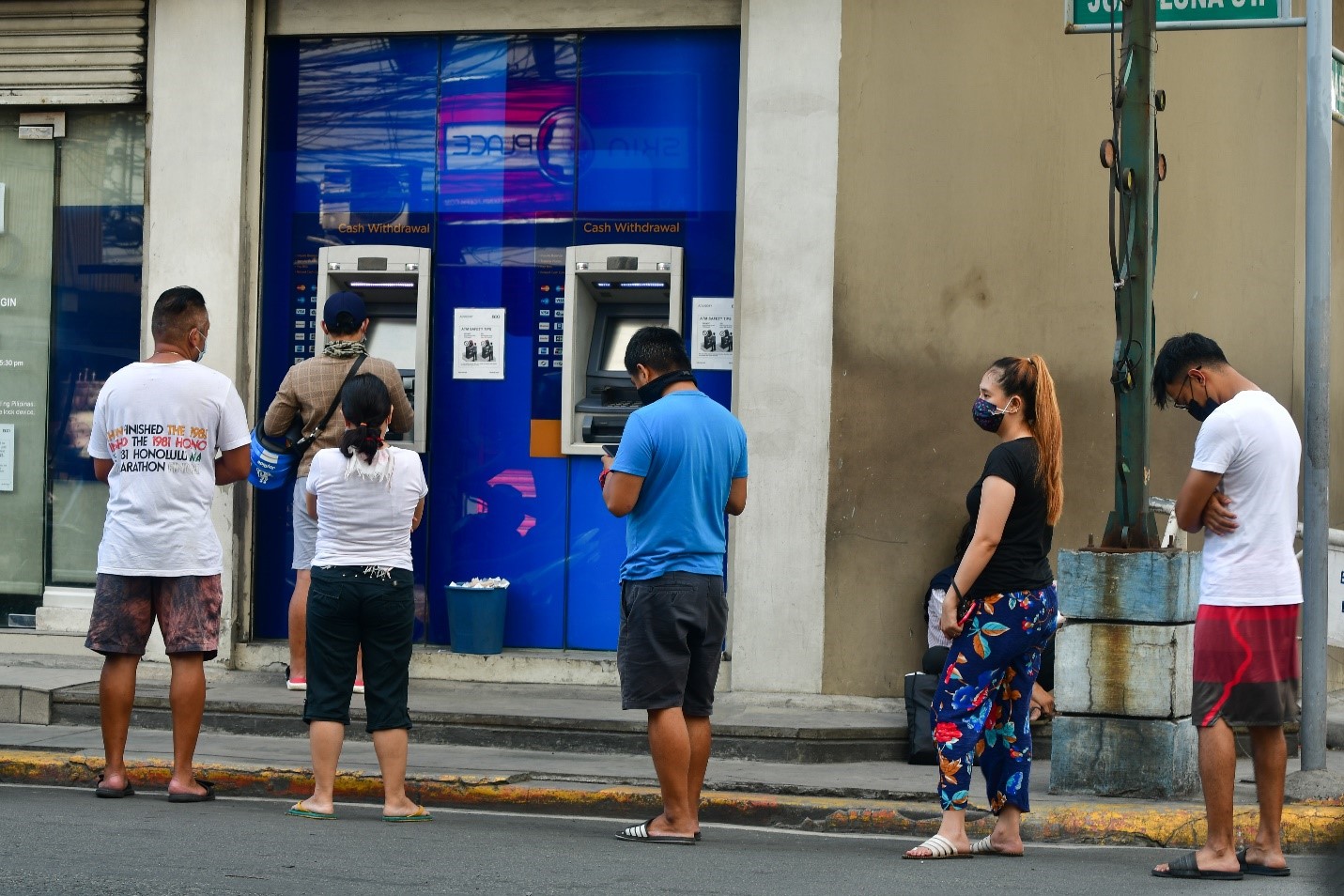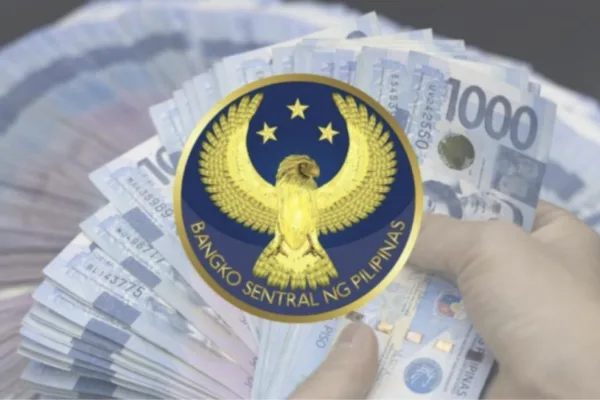Some of the Philippines’ largest banks in terms of assets — Banco De Oro (BDO Unibank Inc.), Bank of the Philippine Islands (BPI), and Metropolitan Bank & Trust Co. (Metrobank) — had their Fitch Ratings credit outlooks changed recently from negative to stable, echoing a similar change in the country’s sovereign rating.

IMAGE CREDIT: www.alamy.com
BDO Unibank Inc., considered the largest bank in the country today, had a negative outlook before but Fitch Ratings changed it to stable and confirmed it as BBB- credit rating, which is just one notch below the country’s BBB grade.
In a press release, Fitch announced that BDO’s significant systemic importance as the largest bank in the nation with a market share of roughly 18 percent of system assets and deposits, as well as the Philippine government’s limited budgetary flexibility, were taken into consideration in the affirmation of its latest investment grade rating.
The credit rating agency also changed BPI’s outlook rating from negative to stable and upheld the Ayala-owned bank’s BBB- credit rating.
“Our view takes into consideration the state’s improving fiscal flexibility, as reflected in the revision of the sovereign rating outlook to stable, and BPI’s high systemic importance as one of the top three largest privately-owned banks in the Philippines, with a market share of around 12 percent in system deposits,” confirmed Fitch in its press statement.
On the other hand, Metrobank also had its outlook improved by Fitch, which reaffirmed its investment-grade BBB credit rating.
“We think the stable outlook on the sovereign grade reflects the state’s increasing capacity to help the bank when necessary. As one of the three biggest private commercial banks in the Philippines with a market share of about 12% in system assets and deposits, Metrobank’s long-term issuer default ratings and government support rating are one notch below the sovereign rating,” the statement further said.
DBP and LANDBANK also get credit upgrades
The state-run Land Bank of the Philippines (LANDBANK) and Development Bank of the Philippines (DBP) also had their credit rating outlooks changed by Fitch from negative to stable.
Fitch maintained LANDBANK’s BBB rating, which is supported by the anticipation of state support for the bank, as shown by its government support rating. It also changed the outlook for the bank’s long-term issuer default rating from negative to stable.
According to Fitch, “This is taken into account given the bank’s strategic and expanding policy activities, 100% state ownership, as well as its systemic importance as the largest state-owned bank in the nation, with a market share of roughly 14% of system assets.”
The credit rating agency further stated that the outlook change of the sovereign rating to stable reflects the state’s improved capacity to help the bank in times of need.
Additionally, the agency changed the government-owned DBP’s outlook from negative to stable and reaffirmed the bank’s BBB rating, reflecting the opinion that there is a substantial likelihood that the state will provide assistance when needed.
The bank’s important position as the nation’s infrastructure bank, its 100 percent state ownership, and Fitch’s view of the state’s improving ability to support the bank were all taken into account in the ratings.
Details of the proposed merger between LANDBANK and DBP, the second-largest state-owned bank in the Philippines, are still being worked out as of this writing but Fitch stated that in the interim, “we expect the state’s propensity to support LANDBANK to remain intact.”








